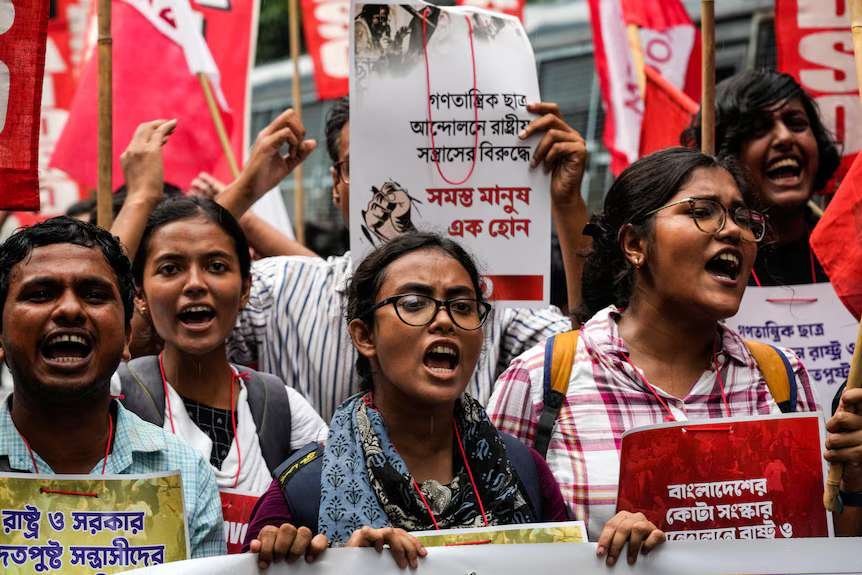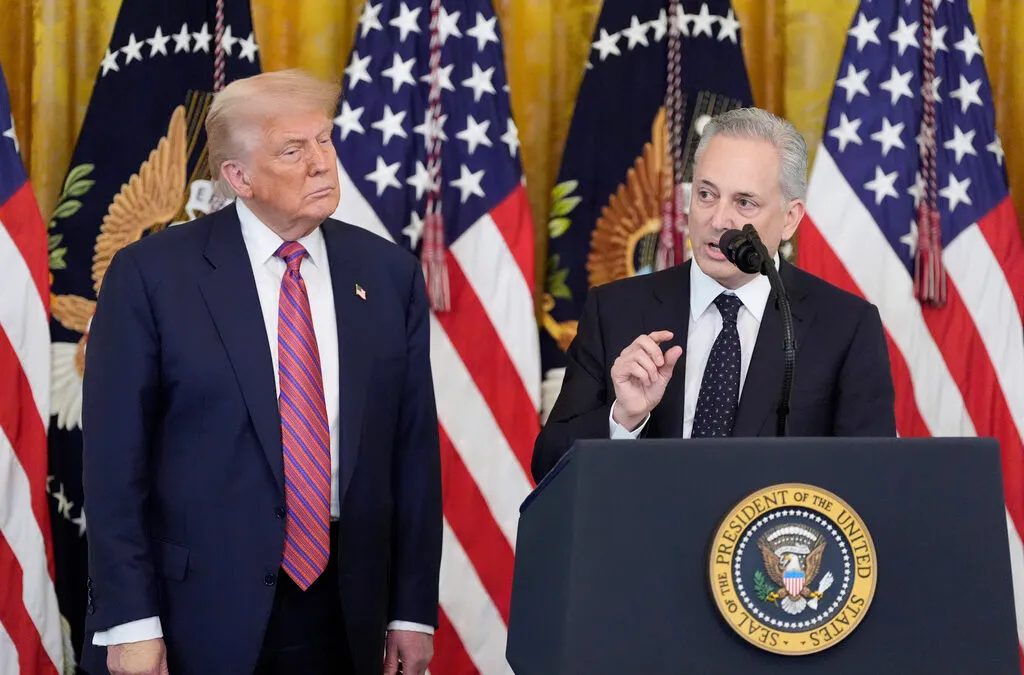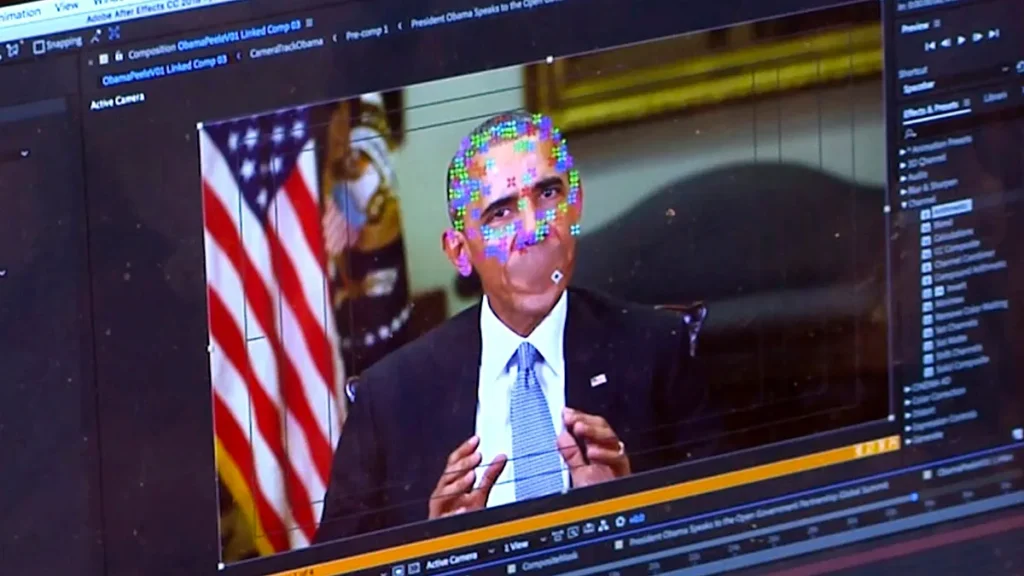A growing number of students in Bangladesh are growing disenchanted with the established political parties and are looking for a new platform to support their revolutionary goals. The perception that the current political establishment has failed to address the needs and concerns of the younger generation, particularly in areas such as education, employment, and social justice, is largely the driving force behind this movement. Consequently, students are looking more and more for a political party that can truly represent their interests and effectuate the fundamental change they believe the nation requires.
The frustrations of a generation that feels excluded from the political process are the impetus for a new political force. In Bangladesh, where the major political parties are frequently viewed as corrupt, self-serving, and disconnected from the realities that ordinary citizens face, many young people are dissatisfied with the status quo. These students are calling for a party that puts transparency, accountability, and a commitment to addressing the systemic issues that have afflicted the nation for a long time, such as unemployment, income inequality, and a lack of resources for education, first.
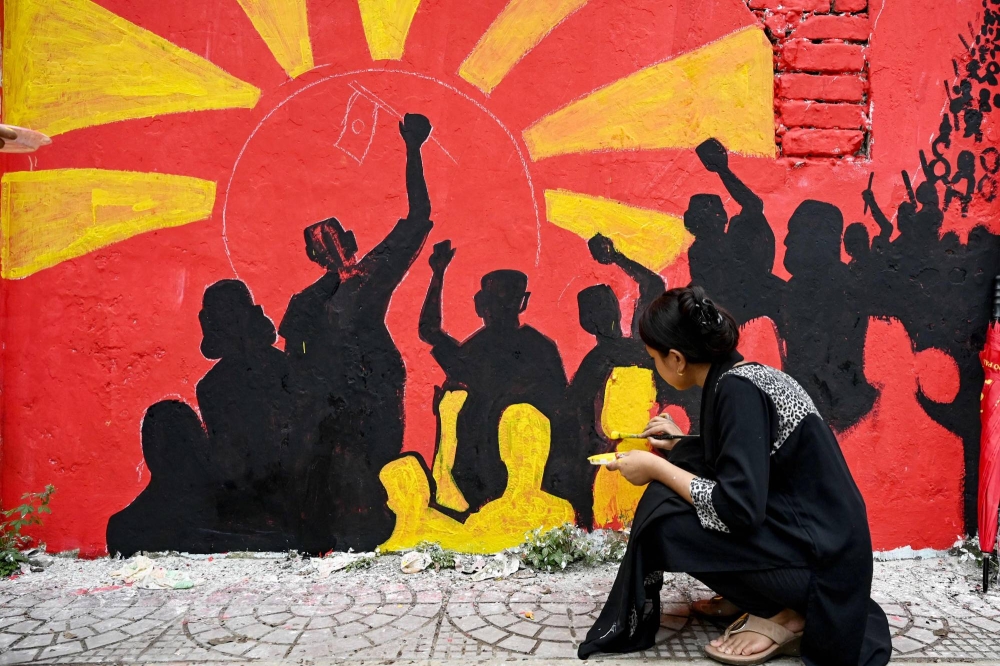
Human rights and social justice are prominent themes in this student-led movement. Gender inequality, economic disparity, and access to high-quality education are just a few of the deep-seated inequalities in Bangladeshi society that are being addressed by the students. They think that a brand-new political party ought to be dedicated to empowering underrepresented groups, ensuring that everyone gets a fair shot at power, and advocating for a society that is more fair and inclusive. The student's dissatisfaction with the lack of progress on these issues under the current political leadership is also reflected in the call for a new party.
A broader sense of youth alienation in Bangladesh is also the source of the demand for a new political party. In the current political climate, where bold, creative solutions to the country's problems are often prioritized over maintaining the status quo, many students feel that their voices are not being heard. The students are looking for a party that will listen to their worries, interact directly with them, and take their ideas seriously. They want a party that is truly dedicated to improving the future of all Bangladeshis and not just interested in winning elections.

In essence, Bangladeshi students are calling for a political revolution as well as a revolution in political practice. They are looking for a new party that is willing to take bold steps to address the nation's pressing issues and embodies the principles of integrity, social justice, and inclusivity. As a new generation of politically engaged young people seeks to redefine the country's future, this movement represents a significant shift in the political dynamics of Bangladesh. Their search for a new political party reveals a larger desire for change as well as a commitment to constructing a society that is more just, fair, and responsive to its citizens' needs.
The Context: Discontent with Established Parties
Over the years, Bangladesh's political scene has been dominated by two major parties: the Awami League and the Bangladesh Nationalist Party (BNP). These two parties have engaged in fierce political rivalry, which has often resulted in gridlock, political instability, and sometimes violent confrontations. For many young people, especially students, this situation has become frustrating, as they see the major political players focusing more on their power struggle than on the country's development.

This discontent has become more visible through student protests, strikes, and activism, which have been recurring in recent years. The students feel alienated by the ruling party's policies and the opposition's lack of a compelling alternative. Consequently, there is a growing call for a new political force to rise and champion the causes that matter to the younger generation.
The Rise of Student Movements
Students in Bangladesh have a long history of playing a significant role in political movements. One of the most iconic moments was the 1971 Liberation War, where student groups were at the forefront of the struggle for independence. More recently, student protests have tackled issues like road safety, tuition fees, and the government's failure to address youth unemployment and economic disparity.
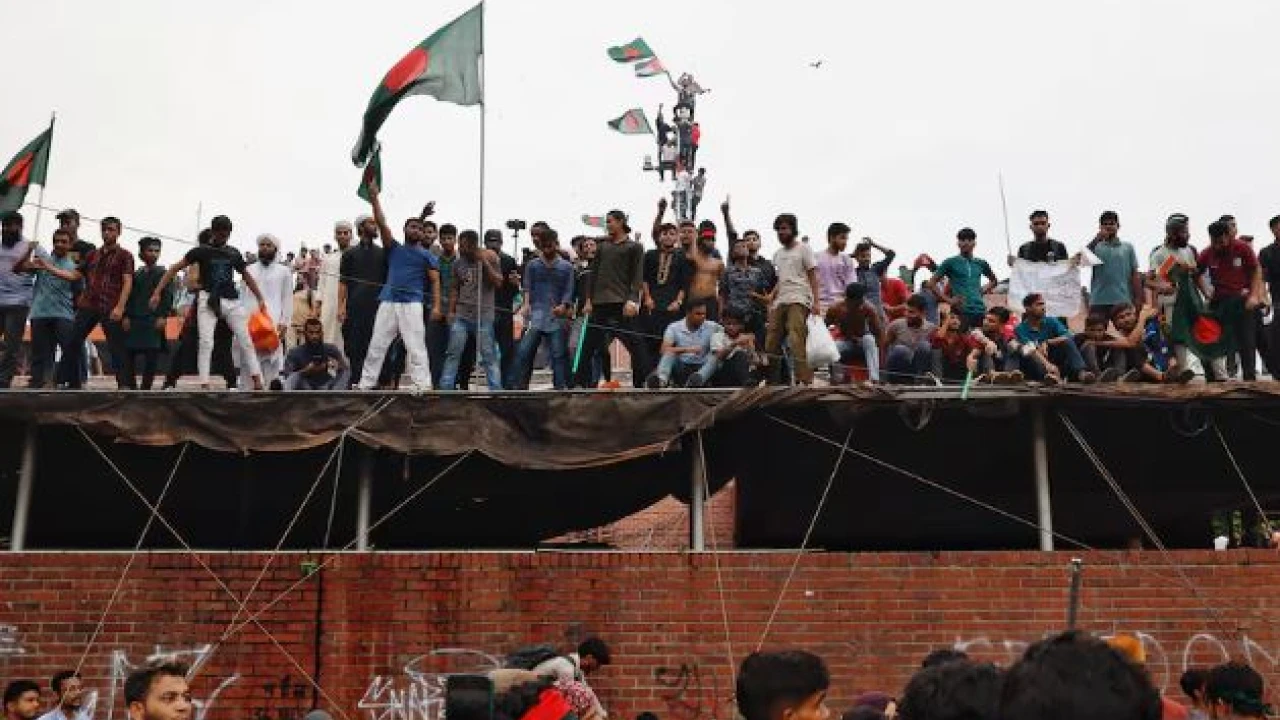
The 2018 road safety protests, led by students after two teenagers were killed by a reckless bus driver, garnered international attention. The protests quickly expanded, demanding better governance, less corruption, and an end to the impunity enjoyed by politically connected individuals. This movement illustrated how students could organize quickly, mobilize widespread support, and challenge the political elite.
In Bangladesh, the student-led Anti-Discrimination Movement, initially sparked by frustrations with the country's employment quotas and lack of democratic freedoms, has grown into a formidable force for political change. Frustrated by high unemployment and government corruption, students launched mass protests in 2024, gaining widespread social support. The movement strategically united students from various religious and ethnic backgrounds, defying attempts by the ruling Awami League to frame it as an Islamist uprising. This broad-based coalition allowed the movement to gain traction beyond traditional political divides, unlike past efforts led by opposition parties, which were unable to inspire similar unity or trust among the public.
The students' success lies partly in their nonpartisan stance and disciplined organization. When six of their leaders were detained, others stepped up to continue protests, showcasing the depth of their leadership and determination. This momentum led to large-scale actions such as the "Long March to Dhaka," which drew massive support. The movement also saw support from military personnel, who ultimately refused to enforce government crackdowns, leading to Prime Minister Sheikh Hasina’s resignation.
The movement’s demands include reforming the quota system and ensuring fair governance, but it has also highlighted a generational shift in Bangladeshi politics. Unlike traditional political actors like the Bangladesh Nationalist Party (BNP) and Jamaat-e-Islami, which have struggled to connect with younger citizens, the student leaders have effectively mobilized the youth, embodying values of dignity, economic justice, and democratic accountability. This approach has inspired new hope in a politically disillusioned society, signaling that the youth may indeed rally around a new political party to build on their achievements and push for systemic change.
As Bangladesh enters a transitional period, the success of this movement demonstrates a powerful demand for genuine reform. Political parties that adapt to the aspirations of this generation may play a significant role in the country’s future, but they must overcome public distrust and past failures. The student movement has set a new benchmark for inclusivity and integrity, which any emerging political force will need to emulate to maintain its support.

